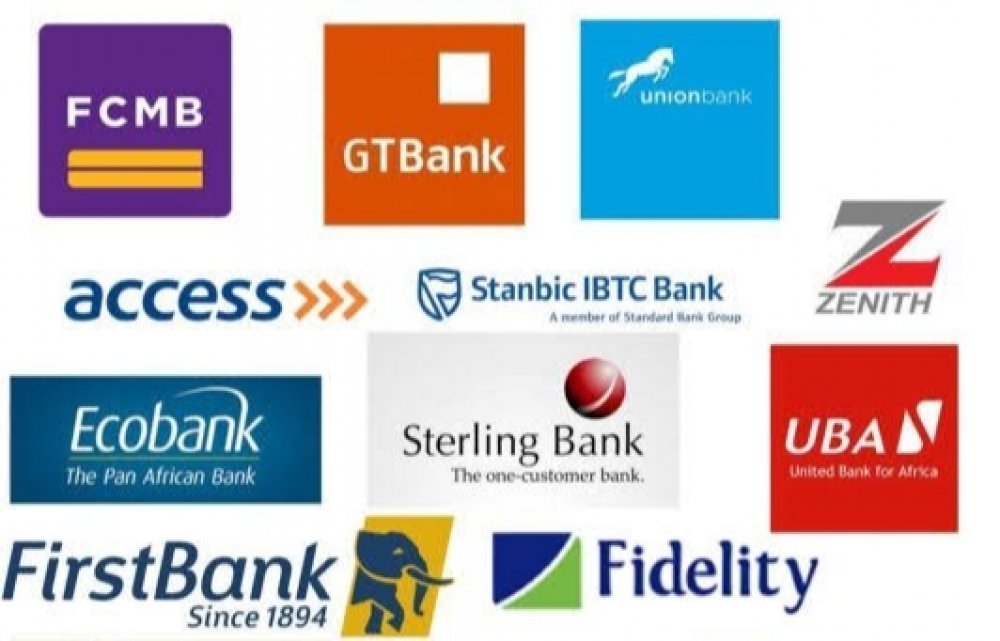Global leading provider of credit ratings, Fitch says biting FX shortages coupled with high inflation and interest will likely directly threaten stability of Nigerian banks, and may cause more loans to small firms to default.
Fitch Senior Director, Mahin Dissanayake who disclosed this recently, stated that the next 12 to 18 months will be “very difficult” for African banks as widespread inflation, currency devaluations and interest rate hikes sweep the region, a senior director of credit.
He further said that Nigeria, a country that relies heavily on imports and whose banking industry is heavily dollarized, is expected to see rising import prices as the dollar increases, which corporate borrowers will find difficult to pass on to customers.
Growth potential would be limited over the next 1-1/2 years, but regional banks are likely to retain profitability in the face of medium-severity shocks, according to Dissanayake during a press briefing.
“These countries have global pressures as well as domestic pressures, so we think that the operating environment for banks is looking quite gloomy going forward,” Dissanayake said.
READ ALSO: Access Bank leads 9 other banks in number of customer complaints
He added, “The opportunities for growth will certainly be limited … but the COVID-19 pandemic showed us that African banks can be resilient when faced with global shocks.”
The exchange rate between the naira and the US dollar at the parallel market on Wednesday, 21st September 2022 fell to N712.5/$1, while the rate at the official window trades around at N436.25/$1
Nigeria’s inflation rate surged further to 20.52% in the month of August 2022, from 19.64% recorded in the previous month, representing the highest rate since September 2005 (15-year high).
While imported food inflation in Nigeria rose to a 5-year high of 17.94% in August 2022, having consistently increased for the past three months.
The high level of inflation may encourage the apex bank to raise interest rates again. After the National Bureau of Statistics reported a five-year high inflation rate of 18.60% in June and a rise to 19.64%, the highest since 2005, the benchmark interest rate was initially increased in May to 13% from 11.5% before being increased once more to 14% in July.

 Entertainment6 days ago
Entertainment6 days ago
 Health1 week ago
Health1 week ago
 Health4 days ago
Health4 days ago
 Football1 week ago
Football1 week ago
 Football1 week ago
Football1 week ago
 Crime4 days ago
Crime4 days ago
 Education6 days ago
Education6 days ago
 Crime1 week ago
Crime1 week ago













